
Seven Important Lessons from World Religions Everyone Should Know
It doesn't matter if you're an atheist, devout follower of your faith, an agnostic, or anywhere in between—there's wisdom to be learned from the world's religions. Here are some of the most important, universally applicable teachings from sacred texts everyone would benefit from learning.

How to foster interfaith understanding in the workplace
From dress codes to religious holidays, an employee’s religious beliefs can have an impact on their experience at work. In order to allow employees to bring their whole selves to work, organisations need to make more effort to foster a culture of interfaith understanding.


Italian Religious Traditions
Religion has a significant influence in Italy, especially Christianity, since it is the official religion in Italy.

5 facts about Israeli Druze, a unique religious and ethnic group
Unlike the Kurds, who are largely Muslim, the Druze are a unique religious and ethnic group. Their tradition dates back to the 11th century and incorporates elements of Islam, Hinduism and even classical Greek philosophy.
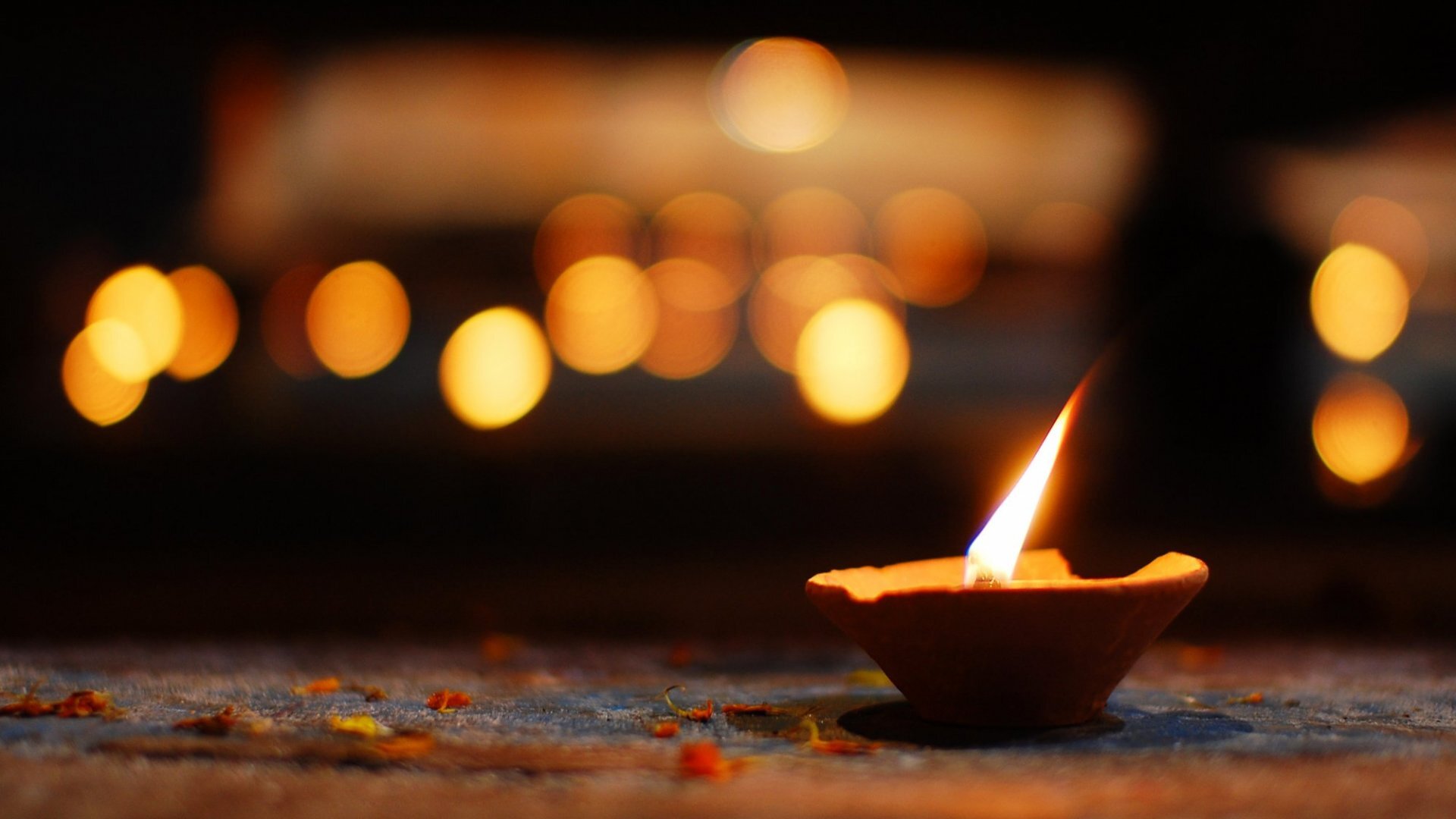
Why Religion Makes People Take More Risks
A new study finds a connection between spirituality and bold behavior.
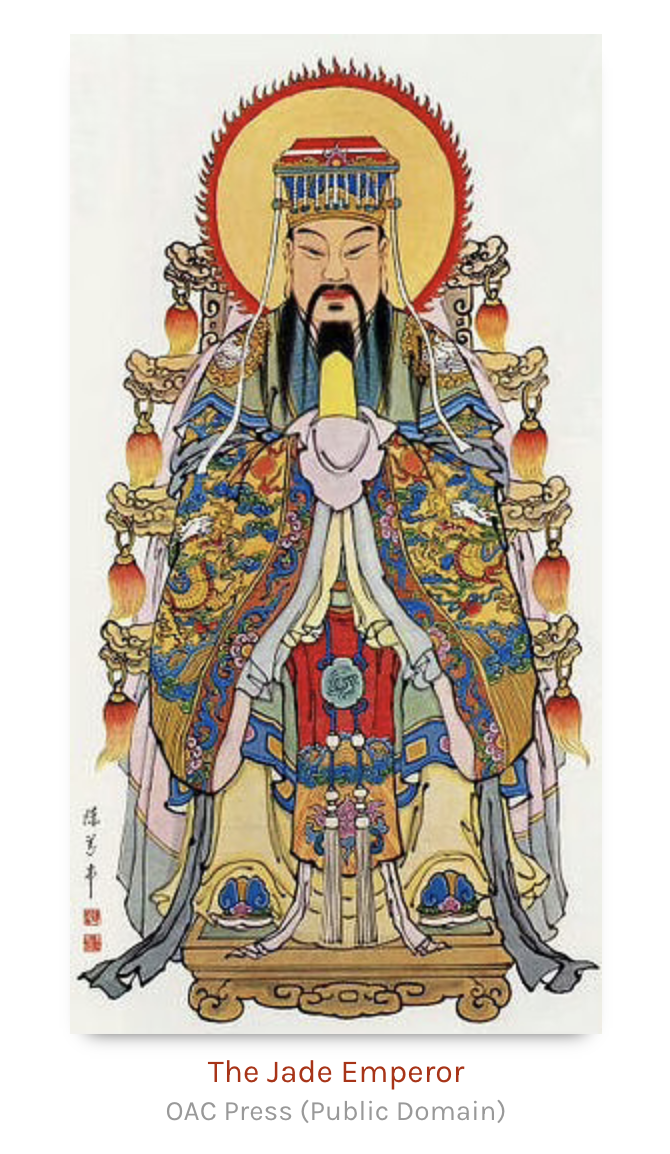
Most Popular Gods & Goddesses of Ancient China
There were over 200 gods and goddesses worshipped throughout ancient China, but if one were to count every deity or spirit, the number would be over 1,000. Each town, village, city, field, farm, and sometimes even separate plot in a graveyard, had its own Tudi Gong, an elemental earth spirit, who was recognized and honored.

Including people with diverse religious beliefs in your sport
The relationship between sports and religion can sometimes be a vexed one, but that is no reason for sports administrators to dismiss religion as ‘not their business’.
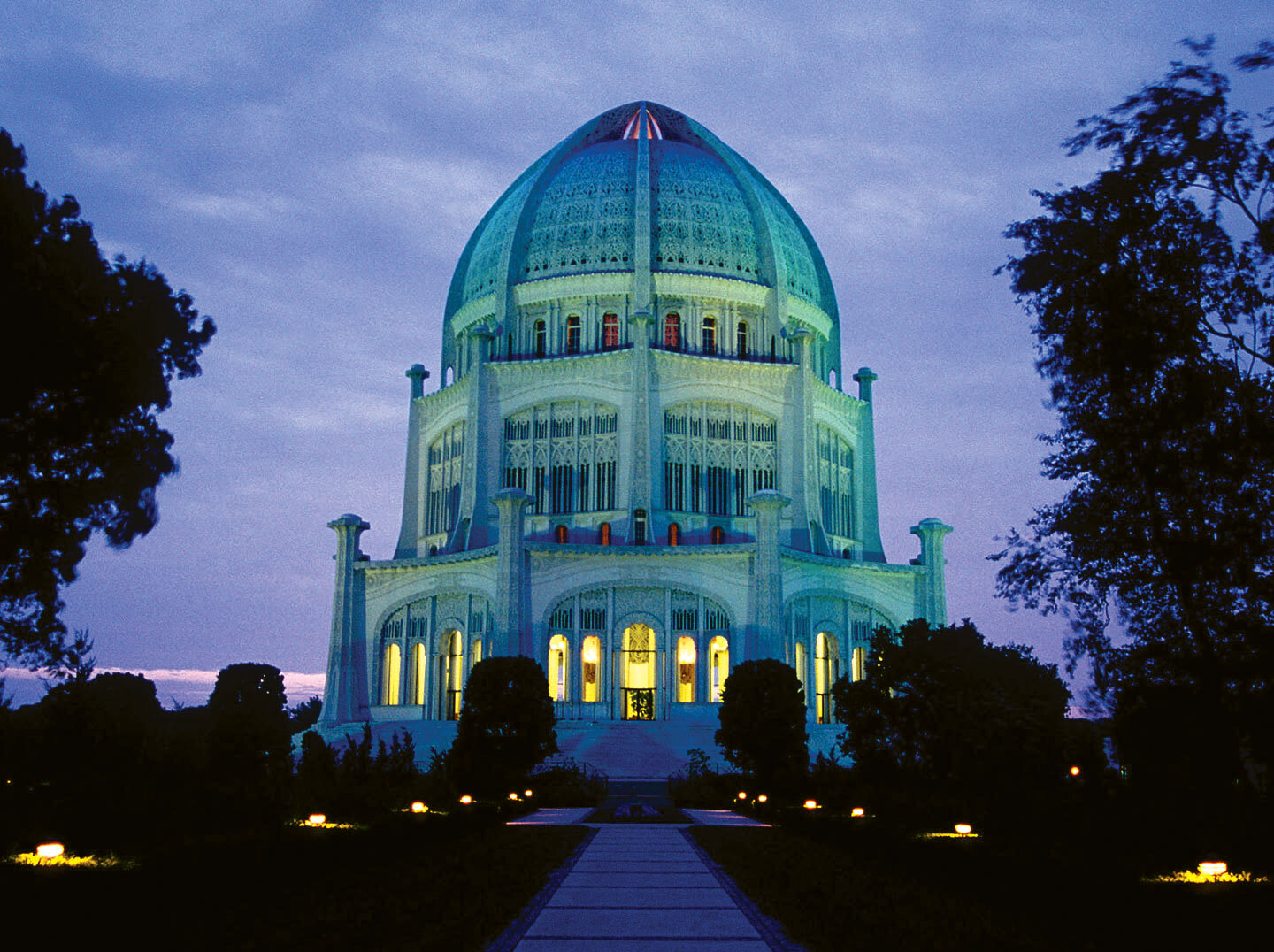
Bahāʾī Faith
Bahāʾī Faith, religion founded in Iraq in the mid-19th century by Mīrzā Ḥosayn ʿAlī Nūrī, who is known as Bahāʾ Allāh (Arabic: “Glory of God”).

America's New Religious Landscape: San Diego, CA
San Diego, a sprawling southern California city with seventy miles of coastline and a well known “surf and turf” culture, has a long history of religious diversity.

Amish in America
Although the first Amish arrived in America in the mid 1700s, the European Anabaptist movement began well before that, in 1525, as a radical wing of the Protestant Reformation. Anabaptists differed from other Christians most significantly in two things: they practiced adult baptism, which went against the beliefs of Catholics and other Protestants at the time, and they insisted on a "free Church" separate from state interference.

Who are the Sikhs and what are their beliefs?
In the Sikh tradition, a truly religious person is one who cultivates the spiritual self while also serving the communities around them – or a saint-soldier. The saint-soldier ideal applies to women and men alike.
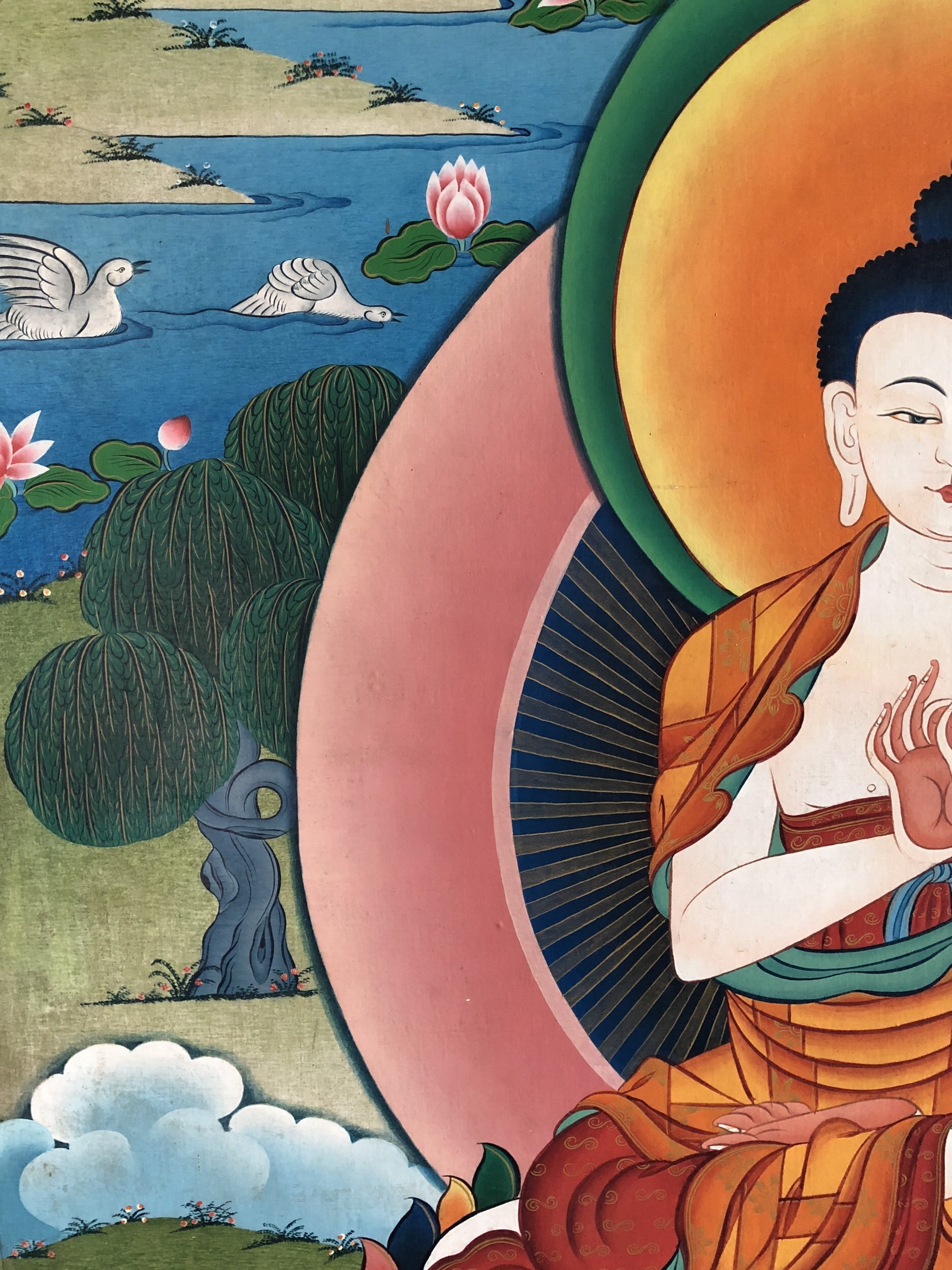
Change Comes Slowly for Religious Diversity in India
Religion is taken far more seriously in India than it often is in the West and by virtually the entire population.

Meet the Muslim Woman Who Inspired Nike To Enter the Hijab Business
Pioneering UAE weightlifter Amna Al Haddad and other female athletes help Nike to address the sportswear needs of a massively underserved market.
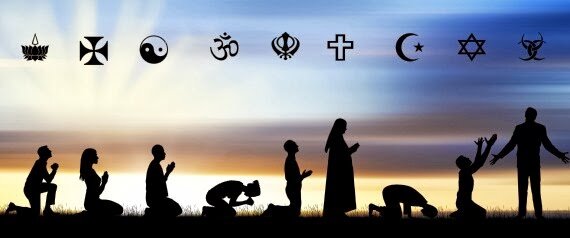
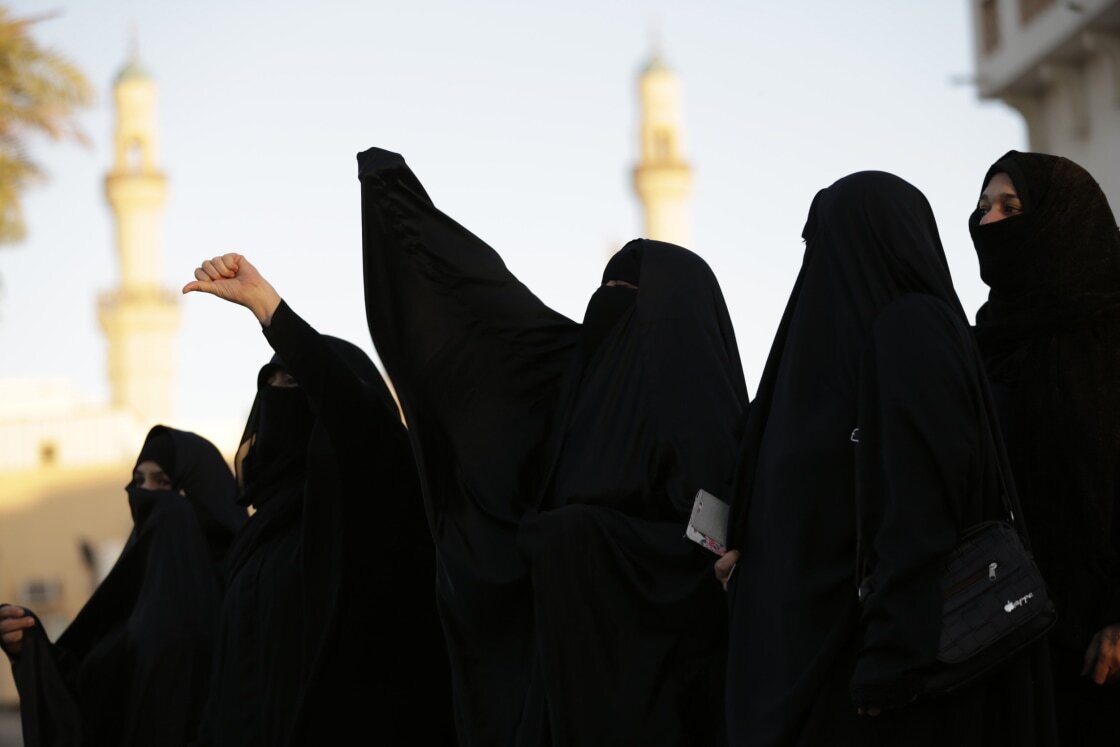
What Are the Differences Between Sunni and Shiite Muslims?
The division has its roots in a rift between the Sunni and Shia disciplines of Islam that opened 1,400 years ago.

Religion vs. Spirituality: The Difference Between Them
You may have heard—or even used—the terms religion and spirituality interchangeably. But while they aren’t diametric opposites, neither are they the same. Learn how to tell the difference between religion and spirituality.

Japanese New Religions
Shinshūkyō (新宗教) is a term used by Japanese to describe new religious movements.

Who are the Taliban?
The Taliban, or "students" in the Pashto language, emerged in the early 1990s in northern Pakistan following the withdrawal of Soviet troops from Afghanistan. It is believed that the predominantly Pashtun movement first appeared in religious seminaries - mostly paid for by money from Saudi Arabia - which preached a hardline form of Sunni Islam.

What Exactly Is Meant By “Religious Diversity”?
As we open up the dialogue about religious diversity, starting in little ways in our own communities, more and more people will have the opportunity to engage in honest conversation about myths and stereotypes, history and its legacies, and the specific ways in which individuals can create tolerant communities and societies in an increasingly multicultural region.

